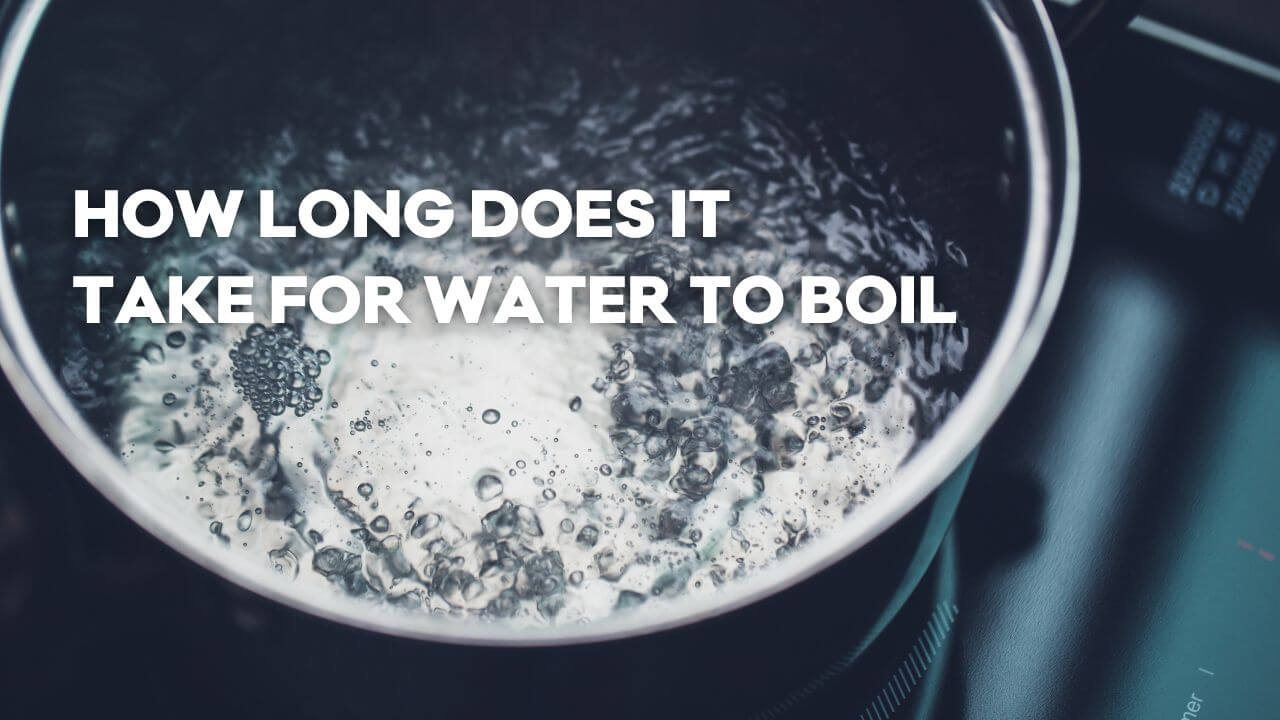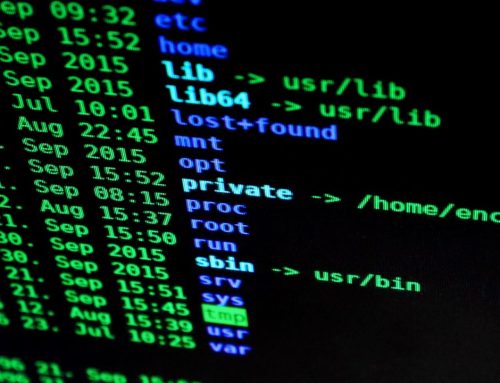
How Long Does it Take for Water to Boil
“How long does it take for water to boil?” You may have asked yourself this question countless times while cooking or preparing a hot drink. Despite its seemingly simplistic nature, the answer to this question varies due to multiple factors. This article will dive into these variables, the science behind boiling water, and how environmental aspects can affect this everyday process.
Factors Influencing the Boiling Time
When asking, “How long does it take for water to boil?”, you’re inquiring about a process that, on the surface, seems straightforward but is, in fact, influenced by several factors. Each of these factors can adjust the time it takes for water to transition from a liquid state to a gaseous state, a change that occurs when it reaches its boiling point. The dynamics of this transition involve intricate scientific principles, from thermodynamics to environmental physics. However, we’ll focus on the most commonly encountered variables that can influence the time it takes for water to boil: the volume of water, the initial temperature of the water, the intensity of the heat source, and the environmental pressure, typically related to altitude. By understanding these factors, you’ll be better equipped to estimate how long it will take to boil water in a variety of contexts and conditions, and why this time might change from one situation to another.
Volume of Water
The volume of water you’re trying to boil can dramatically affect how long it takes to reach a boil. The more water you have, the more energy it will require to heat it to the boiling point.
Initial Temperature
The starting temperature of your water is also a significant factor. If you’re using tap water at room temperature, it will take longer to boil than if you start with hot tap water.
Heat Source
The intensity of your heat source, be it a stove, a kettle, or an electric heating element, can make a significant difference. The higher the heat, the quicker the water will reach the boiling point.
The Science Behind Boiling Water
To understand “how long does it take for water to boil,” it’s beneficial to look at the science behind it. Water boils when it reaches 100 degrees Celsius (212 degrees Fahrenheit) at sea level. At this point, it starts to turn into steam. This is known as the boiling point of water.
Average Time it Takes for Water to Boil
So, “how long does it take for water to boil?” While it varies depending on the factors mentioned above, a general rule of thumb for boiling 1 liter of tap water on a typical kitchen stove is around 10-15 minutes.
Impact of Altitude on Boiling Water
Did you know that the time it takes for water to boil can also vary depending on your location? This is due to the impact of altitude on the boiling point of water.
High Altitude Boiling
At higher altitudes, air pressure decreases, and water will boil at a lower temperature. This means that while your water might reach its boiling point quicker, it also means that it might not be as hot as boiling water at sea level, which can affect cooking times.
Boiling Water Safely
While we’re discussing how long it takes for water to boil, it’s crucial to remember safety tips. Never leave boiling water unattended, and be mindful of potential hazards such as children or pets near the boiling water.
Conclusion of How Long Does It Take for Water to Boil
Understanding “how long does it take for water to boil” can be a fascinating exploration into everyday science. Whether you’re preparing a meal or purifying water, knowing how long it will take to boil can help you plan and work more efficiently in the kitchen. Just remember, the time it takes can vary based on several factors, including the volume of water, the initial temperature, the heat source, and your altitude.
DÉJA TU CALIFICACIÓN
¿Te ha sido útil el artículo? Si te ha gustado, te invitamos a que nos dejes una calificación positiva de 5 estrellas.






